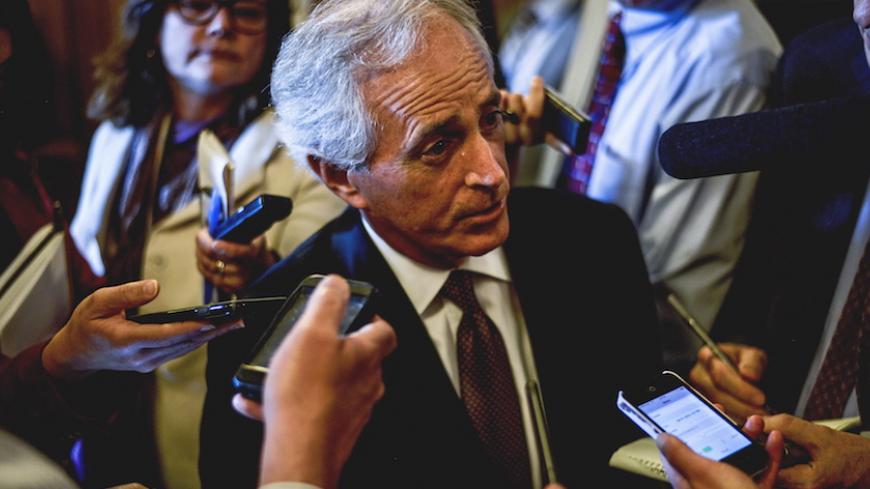The Senate Foreign Relations Committee overwhelmingly passed Iran sanctions legislation May 25, but only after making several changes requested by Barack Obama administration officials who helped negotiate the nuclear deal.
The modifications are the latest example of the broad but discreet bipartisan commitment to keeping the much-maligned Joint Comprehensive Plan of Action (JCPOA) in place even while tightening non-nuclear sanctions on Iran. The revised bill ended up passing 18-3, with even outspoken nuclear deal advocates such as Sens. Chris Murphy, D-Conn., and Tim Kaine, D-Va., voting in favor.



